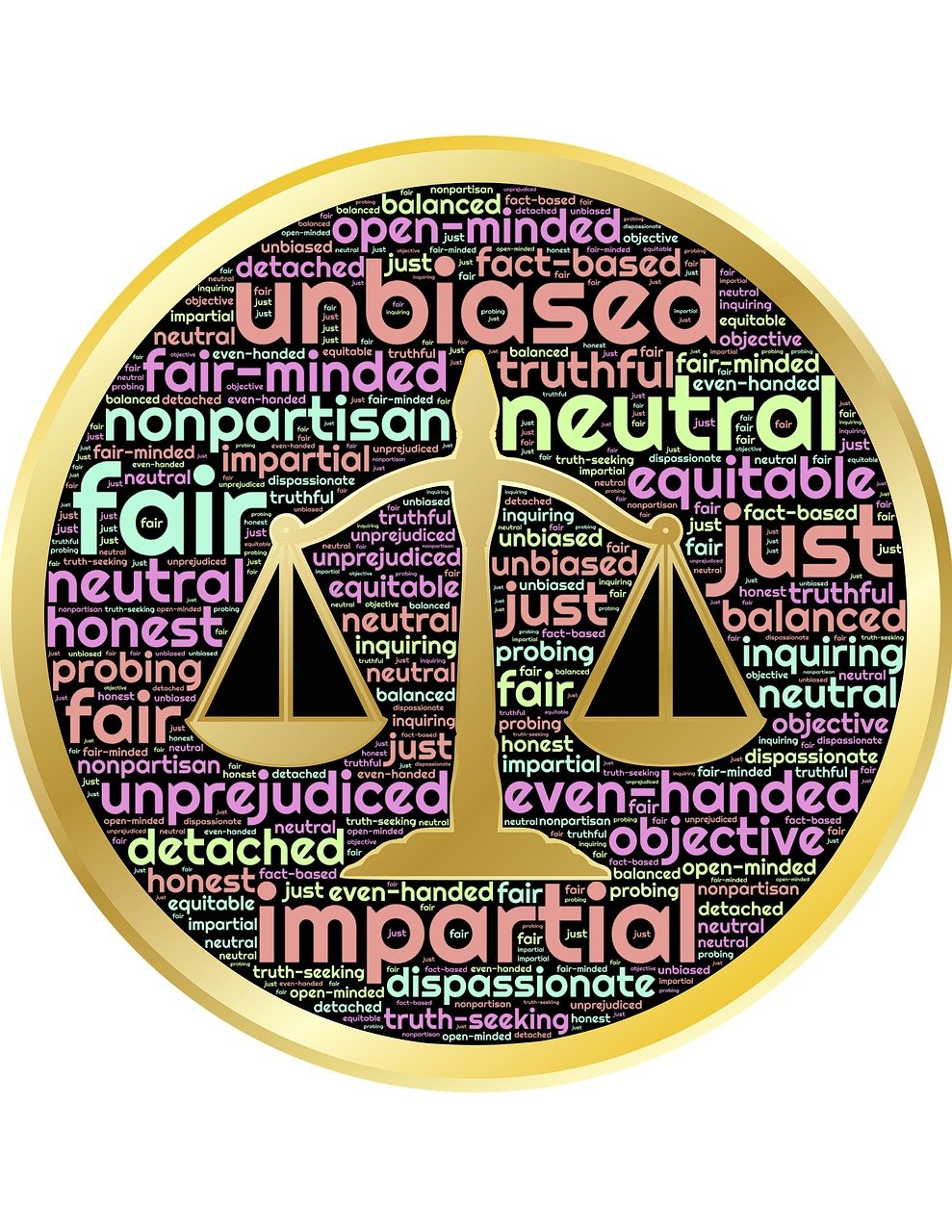The process of going through divorce can be painful not only to the husband and wife but even to their children. After living together for many years under one roof, here you are facing reality that your family will no longer be whole. Perhaps, the hardest part in this situation is having to deal with the truth while at the same time maintaining your sanity for the sake of your children and close family members who deeply care about you.
One of the things that need to be settled during divorce which can put stress on both spouses concerns the division of all conjugal properties. Couples can decide about splitting their property, debts and other financial obligations by themselves. If they are able to do this, their can be considered an uncontested or no fault divorce. However, if both spouses cannot reach an amicable agreement, they will have to go through the legal process and let the judge decide. In this case, divorce lawyers will have to represent the spouses to ensure that all requirements are accomplished on time.
Properties of a married couple are normally divided through the community property or equitable distribution schemes. By community property, this means it is owned equally by the husband and wife such that when divorce occurs, it will also be divided equally. On the other hand, equitable distribution refers to the fair division of assets and earnings gained by the couple during their marriage. Division of properties, in this instance, may not necessarily be equal as the common practice is that the spouse who earns a higher income gets the bigger share or two-thirds. The other spouse gets only one-third.
In splitting properties, spouses do not get just the physical ones such as the house, vehicles and personal belongings. Courts usually award each spouse a certain percentage of their properties’ total value. Assets and debts during marriage will also be included in addition to the personal properties.
What will be excluded from the division of properties is the so-called separate property of one spouse. This covers properties inherited by the spouse, awards to personal injury, gifts given to the spouse and proceeds of a pension gained before marriage. If one spouse owned a business before tying the knot or purchased a property using separate funds, then he or she is entitled to keep that after divorce. In the case of a business, though, the other spouse may be entitled to get a share especially when the profits went up during the time of their marriage or when the partner contributed to the growth of that particular business.
As for the house, the parent who is able to be with their children more or who plays a major role in taking care of the kids gets to stay. However, if no children are involved, one spouse has to give way and this can be done by executing a quit claim deed.
It can be a tricky situation when splitting personal properties with your spouse. But divorce lawyers are there to help you settle your issues should you fail to come up with a fair agreement.



